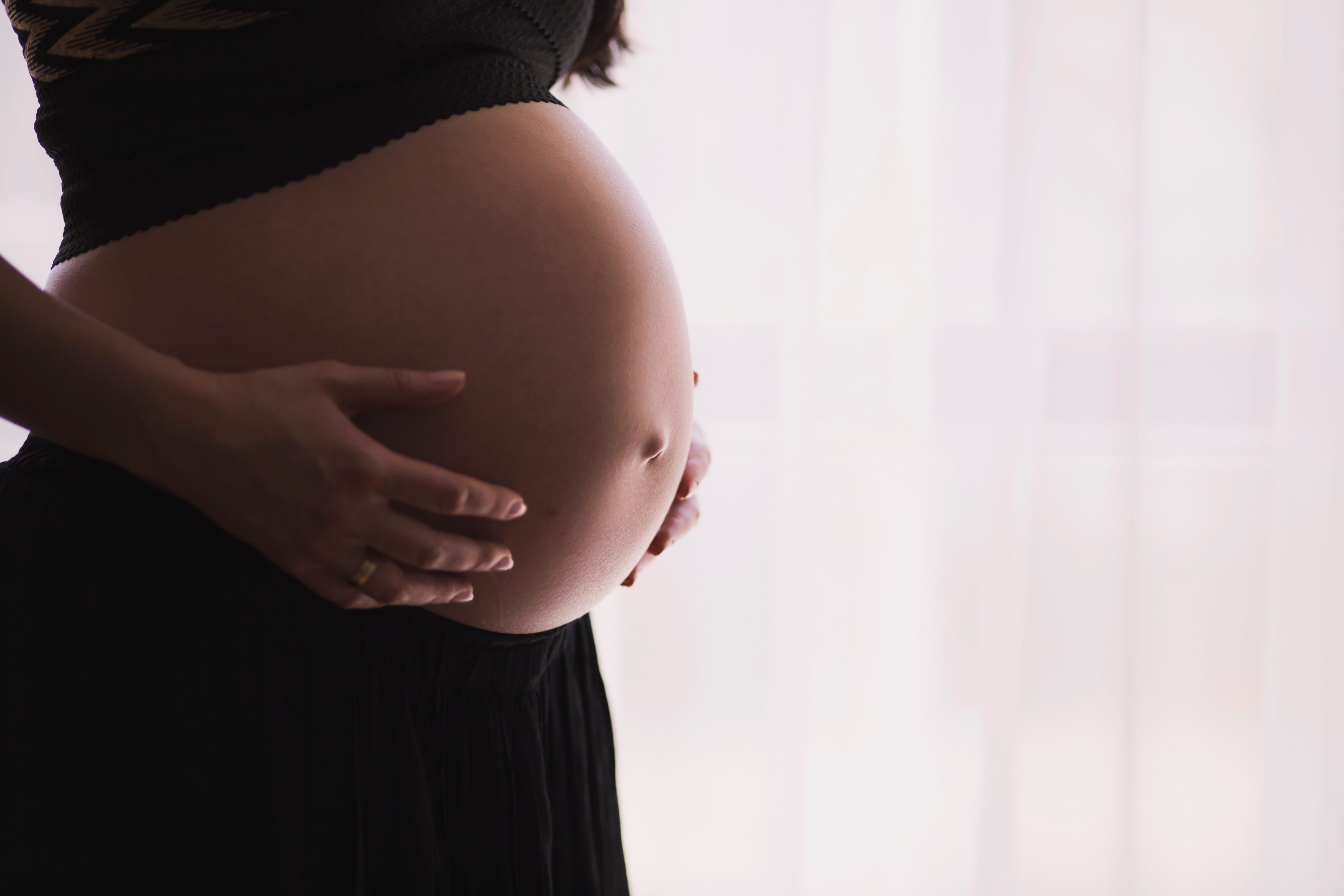A new study reveals that new mothers who are given opioid prescriptions for pain after delivery are more likely to become addicted.
A new academic analysis provided by researchers from Vanderbilt University in Nashville, Tennessee, may demonstrate the new mothers given opioids postpartum are at a greater risk of becoming addicted. Their study examined data from more than 102,000 new mothers in Tennessee postpartum. None of these mothers had used opioids in the 180 days before delivery. After delivery, however, 89 percent who had a cesarean delivery and 53 percent who had a vaginal delivery filled opioid prescriptions.
The overall rate of persistent opioid use up to twelve months after delivery was less than one percent with the highest rate of use among those who had C-sections, according to the study. However, among women who filled an initial opioid prescription, the risk of persistent use was relatively equal for both groups and researchers found that filling additional prescriptions substantially increased the risk for addiction in both groups. The findings suggest current prescribing practices could put a large number of new mothers at risk for chronic opioid use, the team concluded.
“This study is one of the first to indicate that regardless of the delivery type, postpartum initiation of opioid use—a modifiable practice—is associated with persistent opioid use,” study senior author Dr. Carlos Grijalva said. “If our estimates were projected to the number of women who give birth annually in the United States, we calculated that every year there would be around 21,000 women becoming chronic opioid users that would be attributable to opioid use in the postpartum period.”

With 86 percent of women in the United States having at least one delivery and almost a third having a C-section, the potential impact of postpartum opioid prescribing is “huge,” said lead author Dr. Sarah Osmundson, adding, “Policies designed to standardize and improve opioid prescribing have the potential to influence exposures for a large proportion of our population.”
After reviewing their results, the team agreed that exposing new mothers to opioid use is risky and obstetricians should consider other methods of pain control for women after childbirth.
Common prescription opioids include buprenorphine, codeine, fentanyl, hydrocodone, hydromophone, meperidine, methadone, morphine, oxycodone, oxymorphone, and tramadol. Oftentimes after prescriptions are no longer accessible or an addict is not financially able to keep filling them, they will turn to heroin, which is much cheaper and easier to obtain.
The March of Dimes offers the following guidelines for pregnant women who use opioids:
Prescription opioids are painkillers often used for pain after an injury, surgery or dental work. They include codeine, morphine and oxycodone.
If you take opioids during pregnancy, they can cause serious problems for your baby, like premature birth and drug withdrawal called NAS.
Even if you use an opioid exactly like your health care provider says to, it still may cause NAS in your baby.
Don’t stop taking an opioid without talking to your provider first. Quitting suddenly can cause severe problems for your baby.
If you’re not pregnant and taking an opioid, use effective birth control until you’re no longer taking the medicine.


Join the conversation!